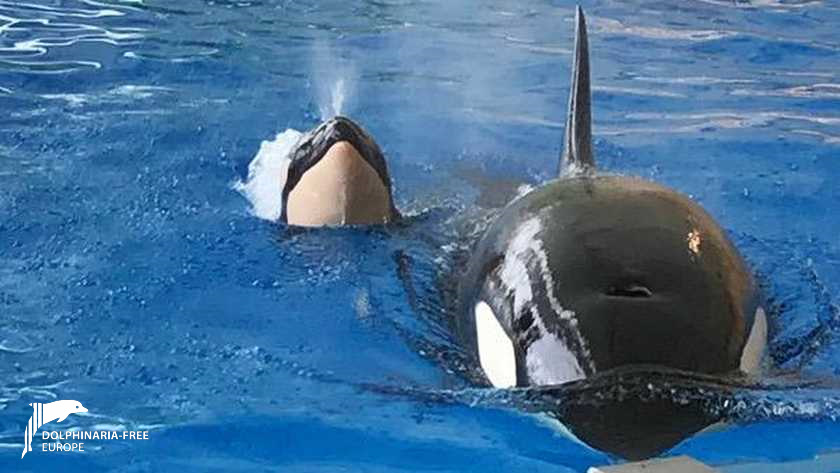
Morgan the orca has given birth to her first calf
Following the announcement by Loro Parque that Morgan the orca gave birth to her calf on 22 September at the facility, DFE members The Free Morgan Foundation explain why they will continue their legal efforts on Morgan’s behalf; asking why she was allowed to become pregnant when potentially still under the ownership of SeaWorld who had decided to end their orca breeding programme, and also exactly who the father of Morgan’s calf is.
Below text courtesy of Free Morgan Foundation:
(FMF) remains committed to ensuring justice for Morgan and her calf. Morgan remains a protected Annex A specimen under EU law. The unauthorized act of breeding Morgan with SeaWorld’s male orca remains a focus of the FMF’s legal efforts. Our Petition before the European Parliament along with our pending court appeal in The Netherlands, are not affected by this troubling development. Quite the contrary; it reinforces our commitment to Morgan (and her calf) and the Rule of Law.
Based on the date of birth, we can now construct a timeline to measure SeaWorld’s culpability, including the breach of its promises to end captive breeding of its orca. In addition, Loro Parque’s recent statement under oath in a Spanish court denying that Morgan was pregnant and the records SeaWorld filed with the United States Government concerning the date of its abandonment and sale of the orca at Loro Parque, provides further evidence of unauthorized acts by Loro Parque exploiting Morgan for primarily commercial purposes in violation of EU law. The FMF will continue to seek the advice and counsel of our attorneys in Spain and The Netherlands.

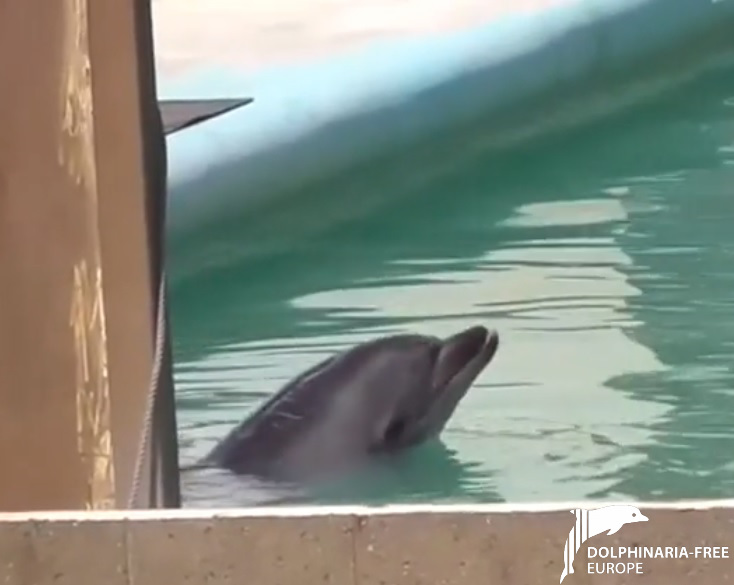
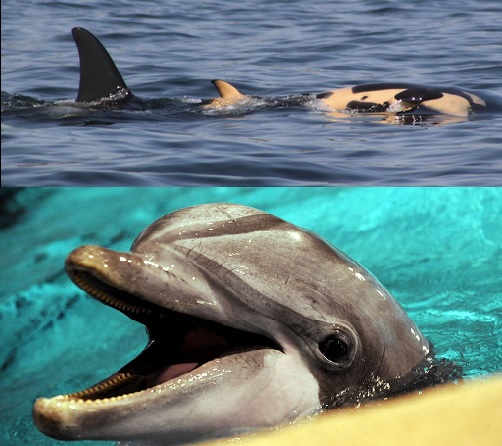
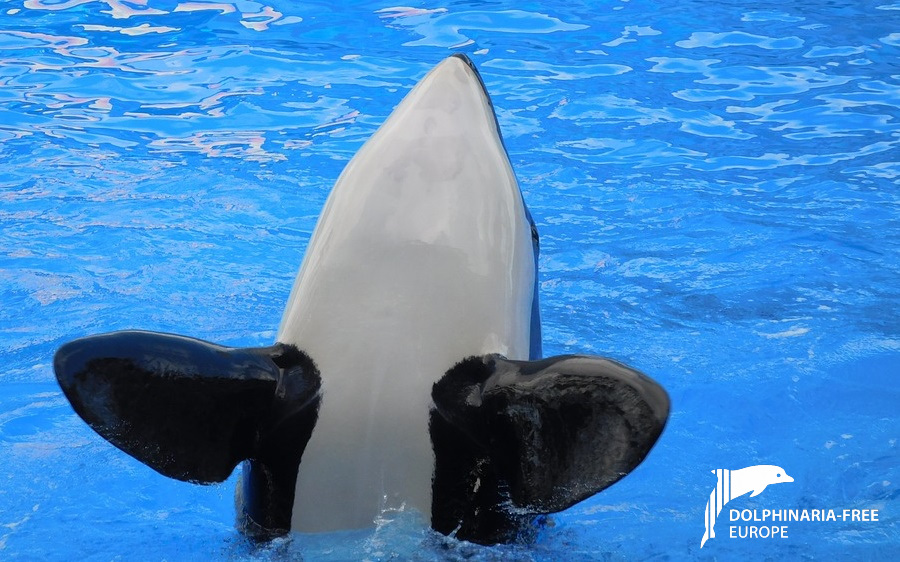
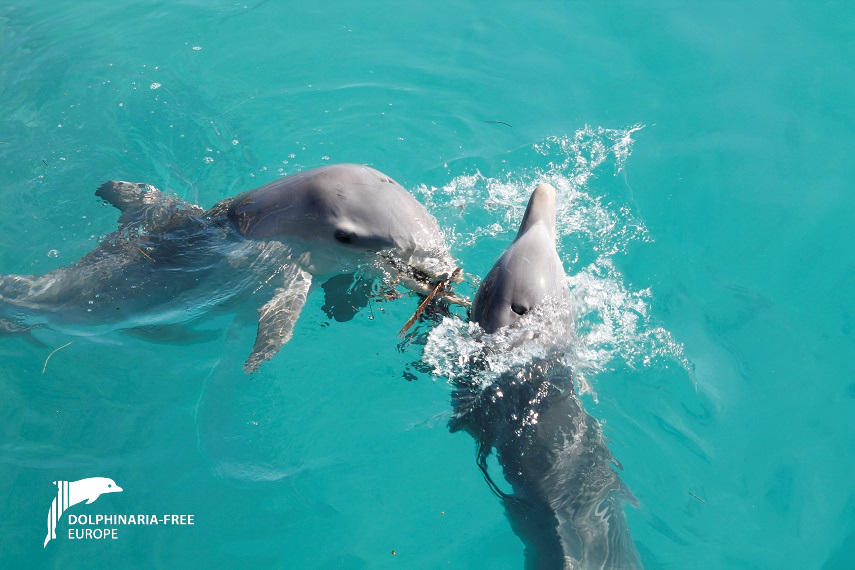
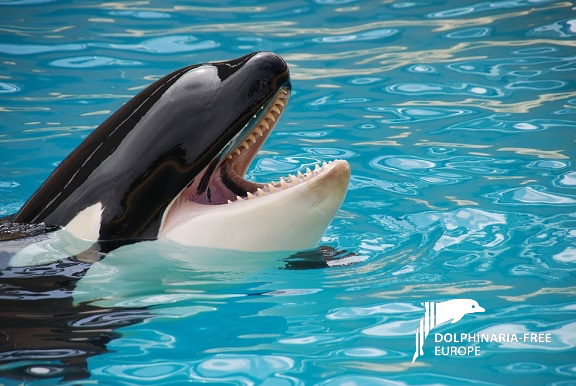 Dolphinaria-Free Europe members Marine Connection has reported that Britain’s biggest tour operator Thomas Cook, is axing their trips to Loro Parque, Tenerife and SeaWorld, USA from summer 2019 after SeaWorld failed initial checks and issues raised with Loro Parque.
Dolphinaria-Free Europe members Marine Connection has reported that Britain’s biggest tour operator Thomas Cook, is axing their trips to Loro Parque, Tenerife and SeaWorld, USA from summer 2019 after SeaWorld failed initial checks and issues raised with Loro Parque.